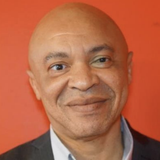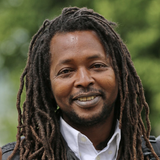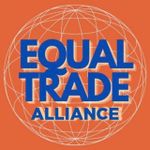Within the Netherlands, Amsterdam has historically been an important location for colonialism and slavery, as shown by the study ‘Slavery in East and West’ that was carried out on behalf of the municipality in 2020 in response to the official apology. People often speak about colonial ‘history’ putting it in the past. There seems to be little room for reflection because of this on-contemporary forms of (neo-) colonialism in the field of international economics. During this programme, we reflect on how colonial history impacts the field of economy and trade in the form of contemporary neo-colonialism. In addition to that, we consider how institutions such as universities and research institutions are involved in this neo-colonialism. What is the impact of neo-colonialism on the African continent when we look at trade? In the second half of the programme, we look at the treatment of Africans who migrate to the Netherlands, when they come from countries that have been economically disadvantaged by European neo-colonialism. There will also be time to ask the audience in an interactive way what they think is important and what needs to change.








More about the programme
This programme is organised as a follow-up to the ‘decolonial reparations conference’ in April 2023, which looks at contemporary colonialism and exploitation in the global South and how we can organise against this in solidarity from the Netherlands and think about global South reparations. The programme on Dutch and Amsterdam neo-colonialism in Africa is a collaboration between Equal Trade Alliance and Aralez. The Equal Trade Alliance looks specifically at unequal trade with Africa and how we can promote equal trade. Aralez is a pan-decolonial network in the Netherlands. The conference in April was organised in the spirit of the Bandung Conference in Indonesia in the 1950s. The motivation behind the conference was to unite forces of the global South together against forms of contemporary neo-colonialism and imperialism.








